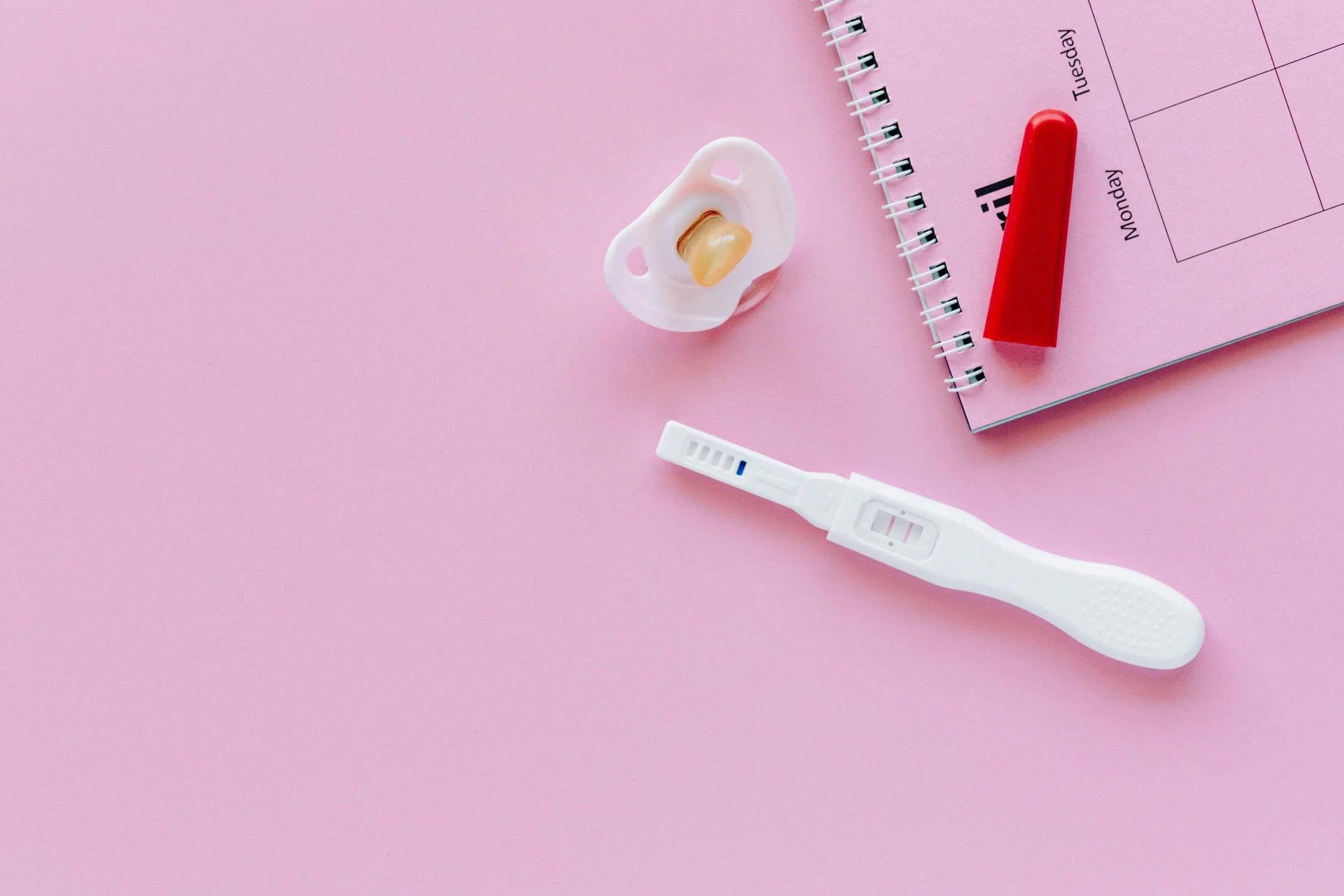Startseite
Pregnancy, Breastfeeding, and Pumping: The Ultimate Guide for Moms
How Long to Do a Pregnancy Test: A Comprehensive Guide

How Long to Do a Pregnancy Test: A Comprehensive Guide
Pregnancy tests are a crucial tool for anyone trying to determine if they are expecting. Knowing how long to wait before taking a pregnancy test can make all the difference in getting accurate results. This guide will walk you through everything you need to know about the timing, process, and factors that can affect your pregnancy test results.
Understanding Pregnancy Tests
Pregnancy tests work by detecting the presence of human chorionic gonadotropin (hCG), a hormone produced during pregnancy. This hormone is released when a fertilized egg attaches to the uterine lining. The levels of hCG increase rapidly in the early stages of pregnancy, making it a reliable marker for pregnancy tests.
When to Take a Pregnancy Test
The timing of a pregnancy test is critical for accurate results. Most experts recommend waiting until after you've missed your period to take a pregnancy test. This is typically around 14 days after ovulation. Testing too early can result in a false negative, as the hCG levels may not be high enough to detect.
Early Testing
Some tests claim to detect pregnancy as early as 6-8 days after ovulation. However, the accuracy of these early tests can vary. If you choose to test early, be aware that you may need to retest later to confirm the results.
Testing After a Missed Period
Waiting until after a missed period increases the likelihood of accurate results. By this time, hCG levels are usually high enough to be detected by most pregnancy tests.
Factors Affecting Pregnancy Test Results
Several factors can influence the accuracy of a pregnancy test. Understanding these can help you determine the best time to test and interpret your results correctly.
Timing of Ovulation
Ovulation timing can vary from person to person and even from cycle to cycle. If you ovulate later than usual, it may take longer for hCG levels to rise, affecting the accuracy of an early test.
Test Sensitivity
Different pregnancy tests have varying levels of sensitivity to hCG. Some tests can detect lower levels of hCG, making them more suitable for early testing. Always check the sensitivity of the test you are using.
Medications and Medical Conditions
Certain medications and medical conditions can affect hCG levels or interfere with pregnancy test results. If you are taking any medications or have a medical condition, consult your healthcare provider before testing.
How to Take a Pregnancy Test
Taking a pregnancy test is a straightforward process, but following the instructions carefully is essential for accurate results.
Read the Instructions
Each pregnancy test comes with specific instructions. Make sure to read and follow them carefully to avoid errors.
Use First Morning Urine
First morning urine is typically the most concentrated and contains the highest levels of hCG. Using this sample can increase the accuracy of your test.
Wait for the Recommended Time
Most tests require you to wait a specific amount of time before reading the results. Waiting too long or not long enough can lead to incorrect interpretations.
Interpreting Pregnancy Test Results
Understanding how to read your pregnancy test results is crucial. Here’s what you need to know.
Positive Result
A positive result typically indicates pregnancy. However, it’s essential to confirm the result with a healthcare provider, as false positives can occur.
Negative Result
A negative result may mean you are not pregnant. However, if you tested early or have irregular cycles, you may want to retest after a few days or consult your healthcare provider.
Invalid Result
An invalid result means the test did not work correctly. This could be due to improper use or a faulty test. In such cases, retest with a new kit.
Next Steps After a Pregnancy Test
Once you have your pregnancy test results, the next steps will depend on the outcome.
Positive Result
If your test is positive, schedule an appointment with your healthcare provider to confirm the pregnancy and begin prenatal care.
Negative Result
If your test is negative but you still suspect you might be pregnant, wait a few days and retest or consult your healthcare provider for further evaluation.
Uncertain Result
If you are unsure about your results, seek guidance from a healthcare professional. They can provide additional testing and support.
Taking a pregnancy test is a significant step, and knowing how long to wait can ensure you get the most accurate results. By understanding the factors that influence testing and following the correct procedures, you can confidently navigate this important moment in your life.
Teilen

